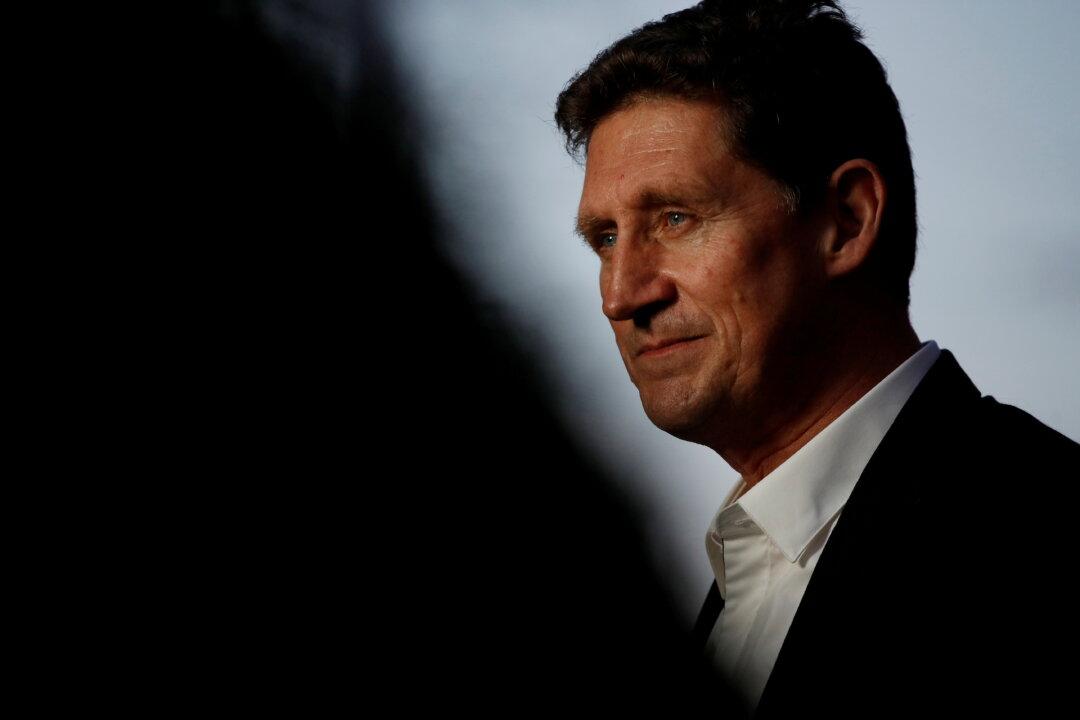DUBLIN—A senior Irish minister said on Tuesday he was confident the government would sign up to an overhaul of global corporate tax rules this week after updated proposals were circulated to negotiating countries.
Ireland, the low-tax European headquarters for a number of the world’s largest multinationals, has declined to sign up to the Organisation for Economic Co-operation and Development (OECD) deal backed by all bar a handful of countries involved.





